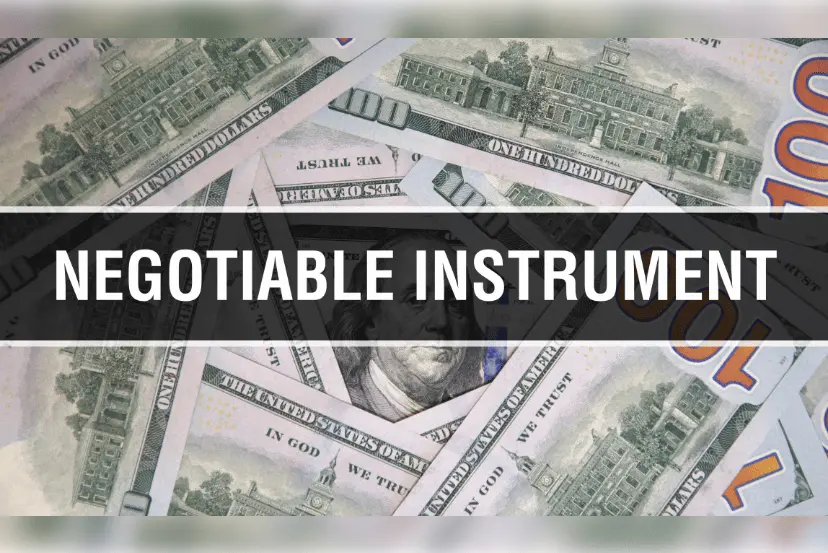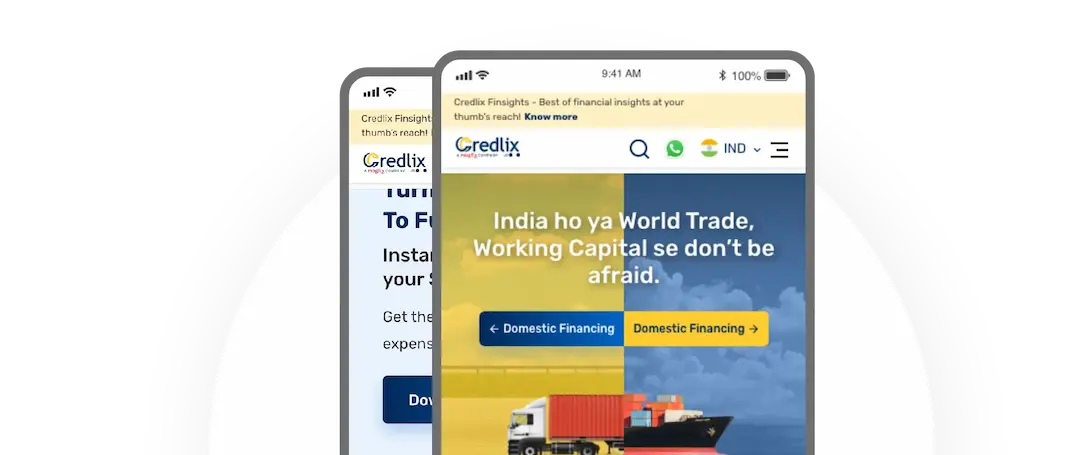Negotiable instruments are a key part of modern financial transactions, helping people and businesses transfer money in a simple, legal, and safe way. They are essentially written documents that represent a legal promise or obligation to pay a specified sum of money to someone else. Some common examples include cheques, drafts, and promissory notes.
In this blog, we will explore the different types of negotiable instruments, their features, and how they function in the financial world. We will also discuss who can be a holder of such instruments, their advantages, and how they work under Indian law.
What Are Negotiable Instruments?
A negotiable instrument is a written document that guarantees the payment of a specific amount of money either on-demand or at a set time. The payment is made to a designated person or the person who holds the instrument. These instruments are widely used in everyday transactions and are easily transferable, making them convenient for people and businesses alike.
Common Types of Negotiable Instruments
There are several types of negotiable instruments, but the most commonly used are:
Cheques
A cheque is a written order to a bank to pay a certain amount of money from the account of the person who writes the cheque (called the drawer) to the person or company named on the cheque (the payee). Cheques are used every day to pay bills, buy goods, and settle debts.Promissory Notes
A promissory note is a written promise by one party to pay a specific amount of money to another party at a future date or on demand. It is often used in loan agreements and business transactions. Unlike cheques, promissory notes can either be secured by collateral or unsecured, depending on the terms of the agreement.Drafts (Bills of Exchange)
A draft, also called a bill of exchange, is an order written by one party (the drawer) instructing another party (the drawee) to pay a specific sum of money to a third party (the payee). Drafts are commonly used in international trade to settle payments for goods and services. There are two types of drafts:- Sight Drafts: Payable immediately upon being presented for payment.
- Time Drafts: Payable on a future date mentioned in the draft.
Features of Negotiable Instruments
Negotiable instruments have certain features that make them unique and easy to use. Some of these features include:
In Writing
Negotiable instruments must be in written form. The written document must clearly state the promise or order to pay a specified sum of money.Unconditional Promise or Order
The instrument must contain an unconditional promise (in the case of promissory notes) or an unconditional order (in the case of cheques and drafts) to pay the money.Certainty of Sum
The amount to be paid must be clearly stated and fixed. It cannot be an estimate or subject to change.Signature of the Issuer
The person issuing the negotiable instrument, whether it’s a cheque, draft, or promissory note, must sign the document to validate it.Transferability
These instruments can be transferred from one person to another. This is done by endorsement (signing the back of the instrument) and delivery to the new holder.Payable to Bearer or Order
A negotiable instrument is either payable to the person holding it (the bearer) or to a specific person whose name is mentioned on it (the order).Fixed Maturity Date
The instrument must have a set date on which the payment is due. For example, a promissory note might say that the money will be paid on July 1st, 2025.Interest
In some cases, negotiable instruments carry interest, meaning the person receiving the money may also get some extra amount as interest until the payment is fully made.
Functions of Negotiable Instruments
Negotiable instruments play several important roles in the financial system. Here are some of the key functions:
Transfer of Value
One of the main purposes of a negotiable instrument is to transfer money from one party to another. This can be done easily with instruments like cheques, which allow one person to transfer funds from their bank account to someone else’s account.Credit Instruments
Some negotiable instruments, like promissory notes, serve as credit instruments. They allow businesses and individuals to borrow money by promising to pay it back at a later date.Payment Instruments
Negotiable instruments are a secure way to make payments without carrying cash. A cheque, for example, can be used to pay for goods and services in a secure and traceable way.Investment Instruments
Some negotiable instruments, like commercial paper, are used as investment tools in financial markets. Investors can buy and sell these instruments for profit.
Who is a Holder of a Negotiable Instrument?
The holder of a negotiable instrument is the person in possession of the instrument and is legally entitled to receive payment when it becomes due. The holder can either be the person who initially received the instrument (payee) or someone who has acquired it by endorsement and delivery.
For example, if Ravi writes a cheque to Anu, and Anu later endorses the cheque to Kumar, Kumar becomes the new holder of the cheque and is entitled to the payment.
Advantages of Negotiable Instruments
Negotiable instruments provide several benefits for businesses and individuals, including:
Convenience
These instruments are an easy way to transfer money without needing physical cash. For example, a cheque can be used to pay bills or buy goods without carrying cash.Security
Negotiable instruments are generally considered secure because they are backed by a written promise or order to pay a specific amount of money. The process of endorsement and delivery helps reduce the risk of fraud.Credit Facility
These instruments provide a means for businesses and individuals to borrow money. For instance, promissory notes allow borrowers to get loans from lenders by promising future repayment.Investment Opportunities
Instruments like commercial paper are popular in financial markets as investment options. Investors can buy and sell these instruments for a profit.
Is Cash a Negotiable Instrument?
No, cash is not a negotiable instrument. While cash can be used to pay for goods and services directly, negotiable instruments are written documents that represent a promise or order to pay. Negotiable instruments, like cheques and promissory notes, involve a formal process and a legal obligation to pay a specific amount of money, while cash is a direct and immediate form of payment.
Is a Demand Draft a Negotiable Instrument?
Yes, a demand draft is a negotiable instrument. A demand draft is an order to pay a specific sum of money on demand. It is often used in situations where the payee needs to ensure that the funds are guaranteed and cannot be dishonoured, unlike a cheque which can bounce due to insufficient funds.
What is the Negotiable Instrument Act in India?
The Negotiable Instrument Act of 1881 is a key piece of legislation in India that governs negotiable instruments like cheques, promissory notes, and bills of exchange. This Act defines what a negotiable instrument is, how it can be transferred, and the rights and obligations of the parties involved.
For example, if a cheque is dishonoured (i.e., not paid by the bank), the Act allows the payee to take legal action against the person who wrote the cheque. The Act provides both civil and criminal remedies in case of non-payment or fraud involving negotiable instruments.
Conclusion
Negotiable instruments play an essential role in financial transactions, offering convenience, security, and flexibility. Whether you are using a cheque to pay a bill or issuing a promissory note for a loan, understanding the different types and functions of negotiable instruments can help you navigate the financial world more effectively.
Their wide use in businesses and daily life makes them an important part of the economy, providing a secure and efficient way to transfer money, make payments, and extend credit.
Also Read: LC Backed Bill Discounting in Exports





